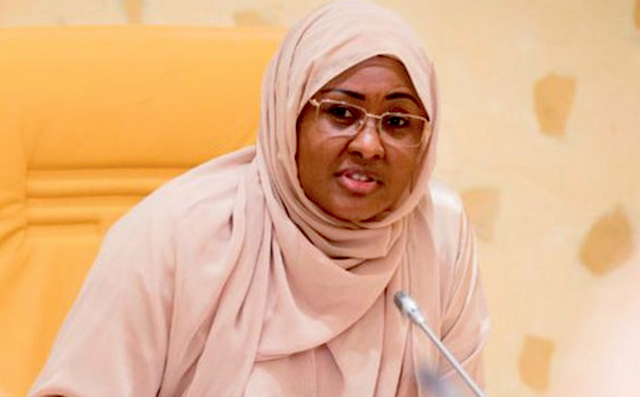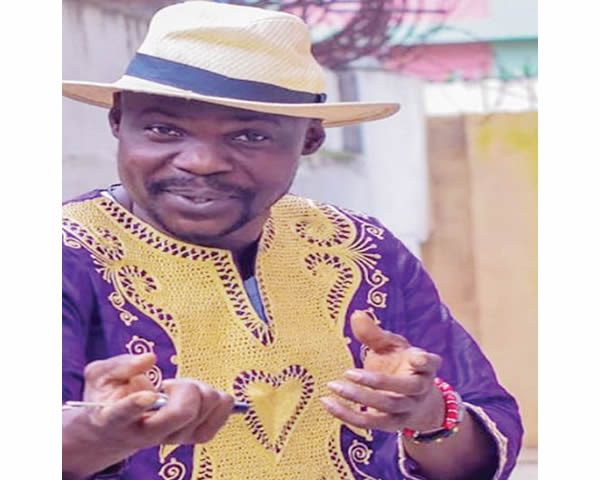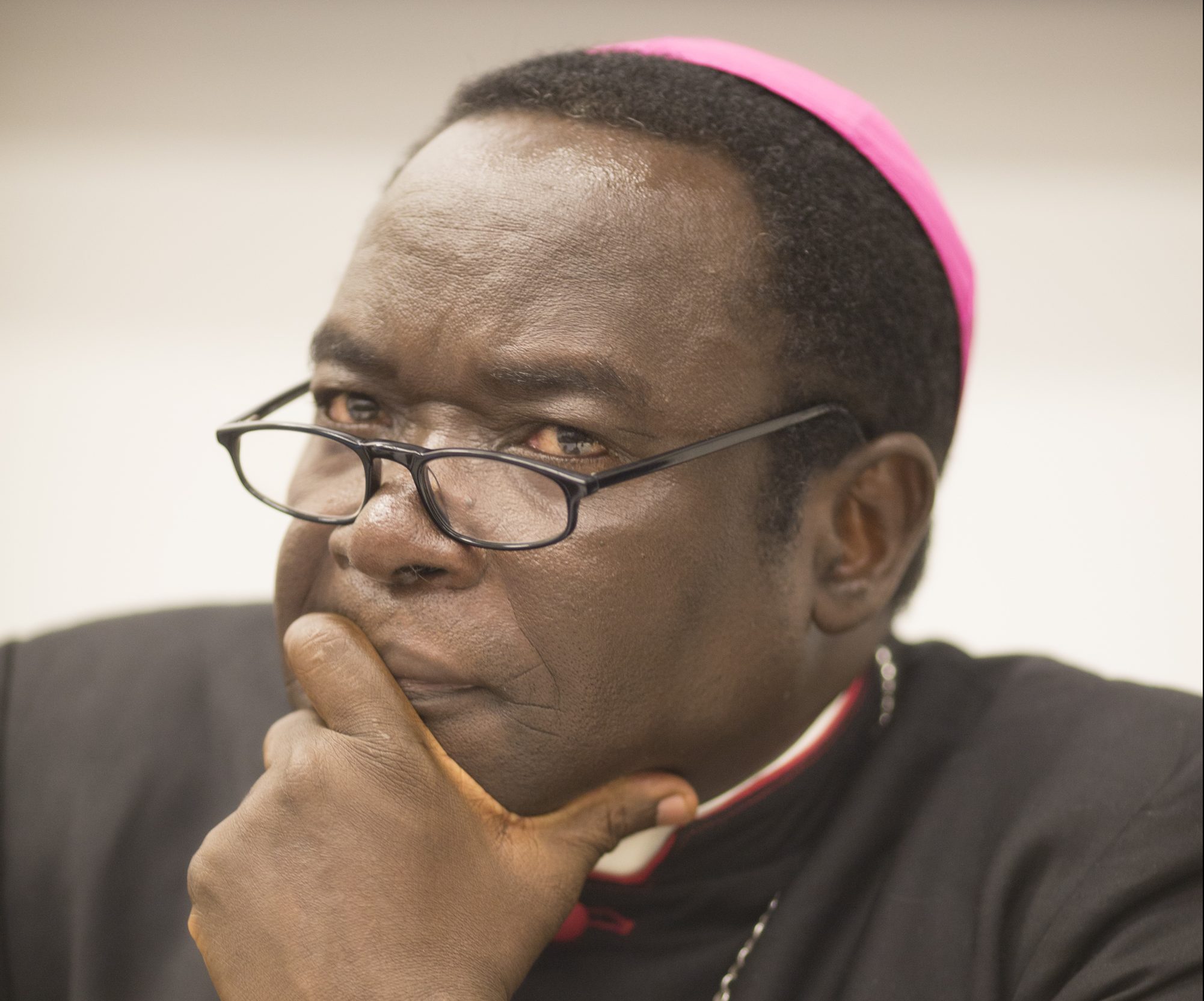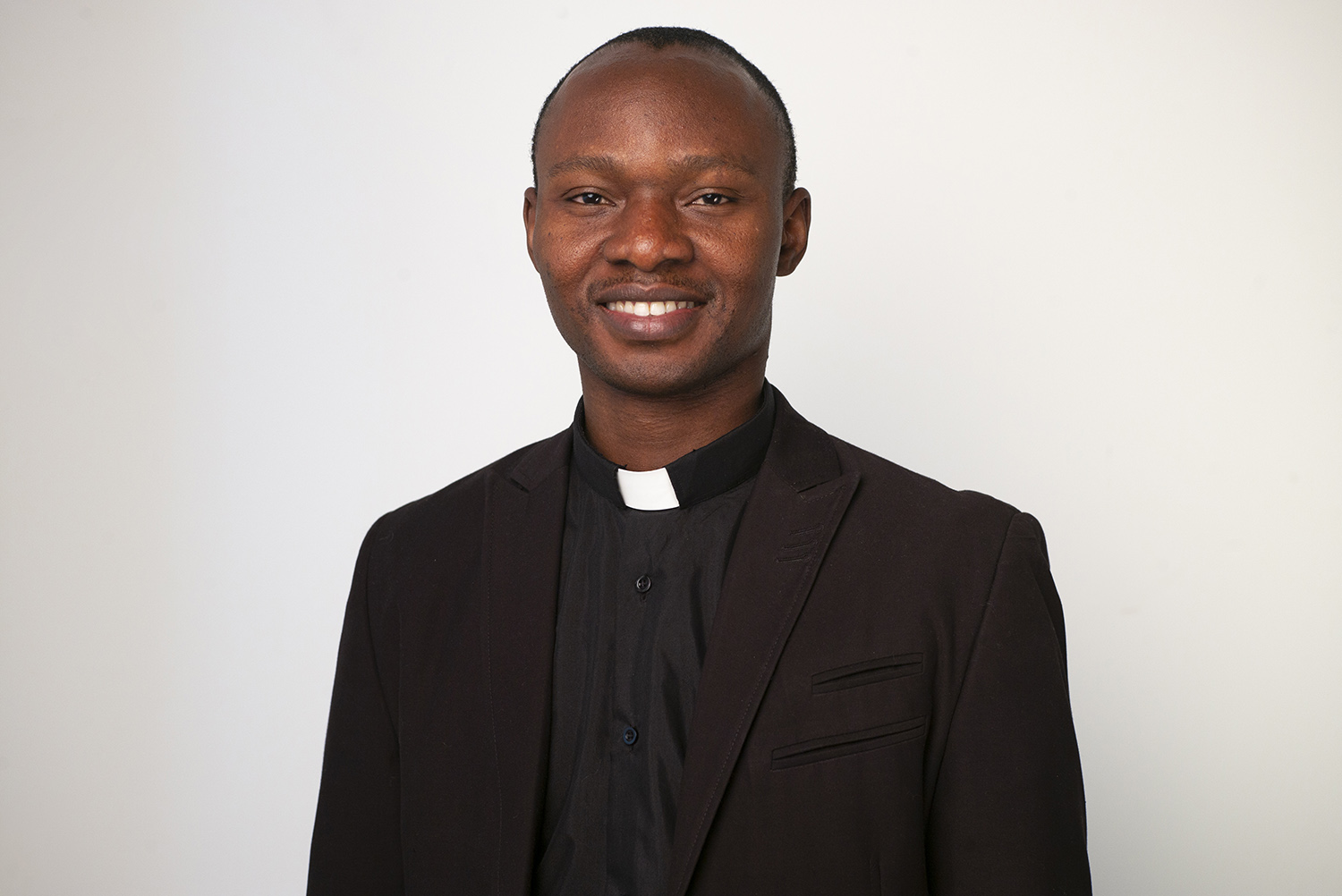“God has a purpose for every affliction He ordains”.
Even though God is always justified in whatever He does, nevertheless, we must forgive God for whatever action He takes against us. It is in our best interests to do this. Jesus says: “Blessed is that man who is not offended because of Me.” (Matthew 11:6).
A lot of the time, when we are angry with God, we do not acknowledge this to ourselves. But our actions express fulsomely our displeasure. We stop going to church. We stop reading the Bible. We stop walking in the spirit and thereby fulfil the lusts of the flesh.
We stop praying and spending time with God. We stop making melodies to God in our heart. Resentment against God can even sometimes send us into depression.
Besides, when we are angry with God, we want to hurt God. We consciously or subconsciously do the things we know He does not like. Thereby, we sin against God and against our own souls.
Judas Iscariot
When we are angry with God, we grumble and complain about Him. We maintain that there is no benefit to godliness. The upshot of this is that we might end up denying God, just like Judas did.
Judas bore a grudge against Jesus. Discipleship did not provide him with the dividends he anticipated. It did not make him wealthy, so he stole regularly from the common purse.
His discontent reached a peak when he saw a woman “waste” an expensive perfume (worth a year’s salary) by pouring it in one go on Jesus’ head. He asked indignantly: “Why was this fragrant oil not sold for three hundred denarii and given to the poor?” (John 12:5).
John noted that Judas had no interest in the poor. If the perfume had been traded for cash, it would only have given him the opportunity to steal part of the money.
Judas was so disgusted with this “waste.” that he apparently concluded that Jesus was not a good bet for financial enrichment. Therefore, immediately after this incident, he decided on the quicker and surer option of betraying Jesus for money.
He went to the chief priests and said to them: “What will you give me, and I will deliver him unto you? And they covenanted with him for thirty pieces of silver.” (Matthew 26:15).
God is responsible
God accepts responsibility as the cause of our anger. He never denies responsibility for the afflictions we endure. The Bible declares that nothing happens without God’s say-so. He works all things according to the counsel of His will. (Ephesians 1:11).
That means God is guilty. He is responsible for our adversities, even including those we bring on ourselves.
Accordingly, God told me He was the One who sent robbers to waylay and shoot me. At the same time, He was also the One who saved me from the robbers He sent. He made sure they did not do more damage than He intended. So, the bullet they shot at me hit me in the leg and not in the chest.
But one thing remains certain despite the afflictions God brings, He loves us with perfect love. He goes to great lengths to assure us of this in life and in the scriptures. Paul says:
“Neither death nor life, nor angels nor principalities nor powers, nor things present nor things to come, nor height nor depth, nor any other created thing, shall be able to separate us from the love of God which is in Christ Jesus our Lord.” (Romans 8:38-39).
We will never know exactly why God loves us this much. But Jesus coming down to earth to be beaten and to die for our sins is enough to remove any doubt that God loves us. Thus, the psalmist asks: “What is man that You are mindful of him, and the son of man that You visit him?” (Psalm 8:4).
But God does not butter us up so we can know He loves us and, therefore, love Him back. He expects us to love Him no matter what. He is glorified when we love Him despite our adversities. In any case, He is God, so, He reserves the right to treat us in whatever way He chooses. And He insists we must not grumble or complain.
Jeremiah’s Lamentations.
Nevertheless, a whole book in the Bible is devoted to complaining about God. In Lamentations, Jeremiah brings extensive charges against God. Among other things, he says:
“(God) has turned His hand against me again and again, all day long. He has made my skin and flesh grow old. He has broken my bones. He has besieged and surrounded me with anguish and distress. He has buried me in a dark place, like those long dead. He has walled me in, and I cannot escape. He has bound me in heavy chains. And though I cry and shout, He has shut out my prayers.” (Lamentations 3:3-8).
Nevertheless, he maintains that:
“The faithful love of the Lord never ends! His mercies never cease. Great is His faithfulness; His mercies begin afresh each morning. I say to myself, “The Lord is my inheritance; therefore, I will hope in Him!” The Lord is good to those who depend on Him, to those who search for Him. So, it is good to wait quietly for salvation from the Lord.” (Lamentations 3:23-26).
If we have truly forgiven someone, we will not complain again to anybody about what he did. The same principle applies to God. Complaints about God must be made directly to God, Do not make the mistake of complaining about God to someone else. God does not take kindly to this.
David says: “I cry out to the Lord; I plead for the Lord’s mercy. I pour out my complaints before Him and tell Him all my troubles.” (Psalms 152:1-2).
But those who complained about God to others were destroyed by the destroyer. (1 Corinthians 10:10).
Atonement with man
One of the most beautifully enigmatic passages in the Bible describes Jesus’ anguish at the tomb of Lazarus. In the shortest verse in the Bible, it simply says: “Jesus wept.” (John 11:35).
Why would Jesus weep at the grave of Lazarus when He planned to raise him from the dead?
The truth is that God is hurt when His people are hurt. Isaiah says of God concerning Israel: “In all their affliction He was afflicted, and the Angel of His Presence saved them.” (Isaiah 63:9). Indeed, Isaiah prophesied that that Jesus would bear our griefs and carry our sorrows.
Jesus came down from heaven to earth precisely to enter into our pains and anguish: “For we do not have a High Priest who cannot sympathize with our weaknesses, but was in all points tempted as we are, yet without sin.” (Hebrews 4:15).
Indeed, the greatest expression of God’s identification with man in the Bible is Jesus’ repetition of the cry of David on the cross of Calvary: “My God, my God, why have you forsaken me?” (Matthew 27:46/Psalms 22:1).
By this cry, God entered into the mainstream of the human experience. God Himself cried out on man’s behalf for salvation and redemption. Man in Christ cried out to God in desperation, in confusion, and in disappointment.
“Why, if you are God; why, since you are God, are you allowing all this calamity to happen to us?”
On the cross, God entered so completely into the human experience and validated human suffering.
Purpose for affliction
Certainly, God has a purpose for every affliction He ordains. It is our responsibility to find out the purpose if possible, or to accept His purpose even when we do not know the reason behind it. Even in his lamentations, Jeremiah acknowledges that:
“Though (God) causes grief, yet He will show compassion according to the multitude of His mercies. For He does not afflict willingly, nor grieve the children of men.” (Lamentations 3:32-33).
Therefore, in our afflictions, we must not lean on your own understanding. (Proverbs 3:5). We must continue to trust God. This is what makes Job so exemplary. Even in the bitterness of his soul, he maintains his commitment to God, saying: “Though He slay me, yet will I trust Him.” (Job 13:15).
Paul assures us that: “No temptation has overtaken (us) except such as is common to man; but God is faithful, who will not allow (us) to be tempted beyond what (we) are able, but with the temptation will also make the way of escape, that (we) may be able to bear it.”(1 Corinthians 10:13).
God told the devil: “You can deal with Job, but you cannot take his life.” (Job 2:6). God dealt severely with Assyria because it had no pity on Israel and wanted to afflict the Israelites beyond what God had in mind.
Even though it is God Himself who orchestrates our afflictions, Zechariah reveals that those He uses to afflict us are in trouble. God will repay them: “Thus says the Lord of hosts: ‘He sent Me after glory, to the nations which plunder you; for he who touches you touches the apple of His eye.’” (Zechariah 2:8).
The last word here belongs to Habakkuk’s doxology:
“Even though the fig trees have no blossoms, and there are no grapes on the vines; even though the olive crop fails, and the fields lie empty and barren; even though the flocks die in the fields, and the cattle barns are empty, yet I will rejoice in the Lord! I will be joyful in the God of my salvation! The Sovereign Lord is my strength! He makes me as surefooted as a deer, able to tread upon the heights.” (Habakkuk 3:17-19).
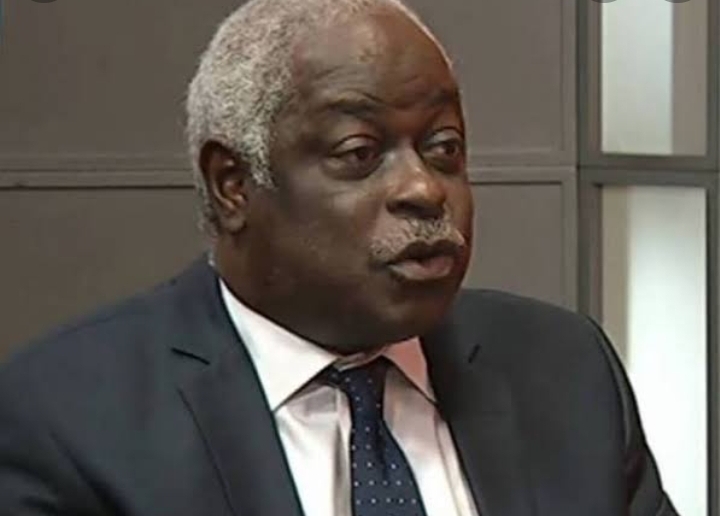
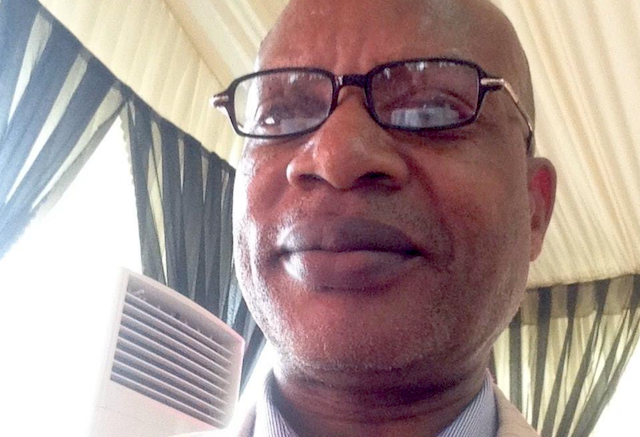
![[Devotional] IN HIS PRESENCE: Why is it so difficult to forgive?](https://thenewsguru.ng/wp-content/uploads/2023/02/Screenshot-2023-02-21-at-5.48.27-AM.png)
